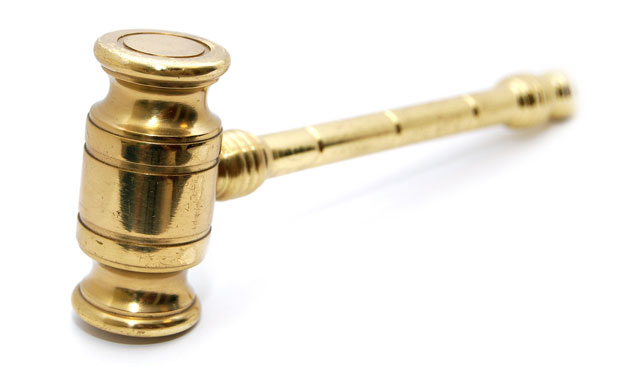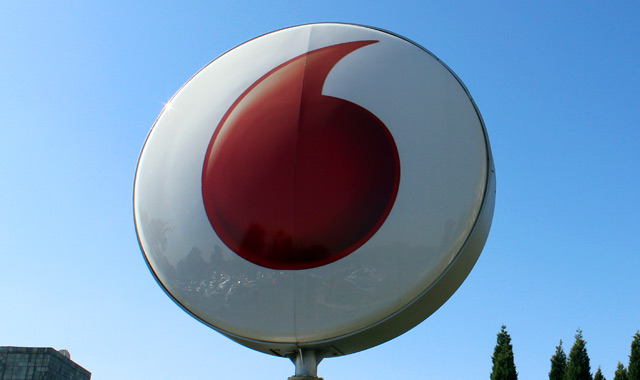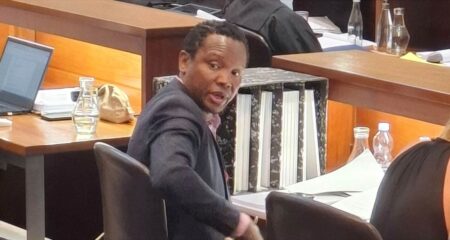
The high court in Pretoria has referred the dispute between the previous funders of the “please call me” case and Nkosana Makate over settlement negotiations with Vodacom to arbitration.
The ruling on Tuesday paves the way for Makate, a former Vodacom employee who the constitutional court found invented the “please call me” service, to resume compensation negotiations with the telecommunications operator.
A fresh legal battle emerged between Makate’s lawyers, Stemela & Lubbe Inc, and a company called Raining Men Trade, purporting to be the early litigation funders of Makate’s nearly decade-long case against Vodacom.
An urgent interdict was filed at the court in Pretoria early this month by Raining Men Trade (which is the first applicant in the matter) to delay Vodacom from settlement negotiations with Makate for “please call me”.
The urgent interdict was also supported by Chris Schoeman (the second applicant), who was also involved in raising funds for Makate’s litigation costs against Vodacom.
Raining Men Trade and Schoeman were concerned that Makate and his lawyers might agree on a settlement from Vodacom that might exclude them.
The arbitration that the court has referred the parties to was launched by the previous funders and has been pending since October 2015. The court order, presided by judge Neil Tuchten, forces the previous funders to revert back to the arbitration process. The date for the arbitration has yet to be determined.
The arbitration will entail negotiations between all parties, as Raining Men is looking to retain 50% of settlement proceeds to be held in its trust. The settlement amount would be released on the instruction of Makate.
The order means that Makate with his representatives of his choice can proceed with compensation negotiations with Vodacom without the interference of the previous litigation funders.
The negotiations to reach a settlement amount between Vodacom and Makate will not only involve lawyers but also a team of auditors.
Makate had already begun negotiations with the company to discuss reasonable share of revenues “please call me” has generated since Vodacom went to market with the innovation in 2001.
In an about turn, Raining Men Trade withdrew from the latest legal action with costs and opted to revert back to an arbitration process. Tuchten reserved an order on costs pending the conclusion of the arbitration process.

Schoeman was seeking to prevent Makate from appointing any representative in his compensation negotiations with Vodacom without the consent of him and Raining Men Trade.
Alternatively, Schoeman and Raining Men Trade wanted Vodacom to not pay Makate more than 50% or R650m of the settlement to legal representatives until they are included in settlement discussions.
Schoeman’s orders rest on his claim that a funding agreement was entered into between Makate and the nominated company Raining Men Trade in November 2011 to bankroll litigation costs. It is on this basis that Schoeman wanted to be part of negotiations with Vodacom.
Makate has labelled Schoeman’s claims as baseless. He said the funding agreement was cancelled in January 2015 and that Schoeman was yet to nominate a company, not Raining Men Trade, to cover legal expenses and to indemnify Makate on further costs.
In a scathing constitutional court judgment delivered by justice Chris Jafta in April, the court ordered that Vodacom to negotiate “in good faith” with Makate to determine a “reasonable compensation” for the “please call me” innovation. Jafta also ordered Vodacom to commence negotiations within 30 days.
The highest court in South Africa also found that former Vodacom CEO Alan Knott-Craig wrongly claimed to have invented “please call me” in his autobiography, Second is Nothing.
- This article was originally published on Moneyweb and is used here with permission




